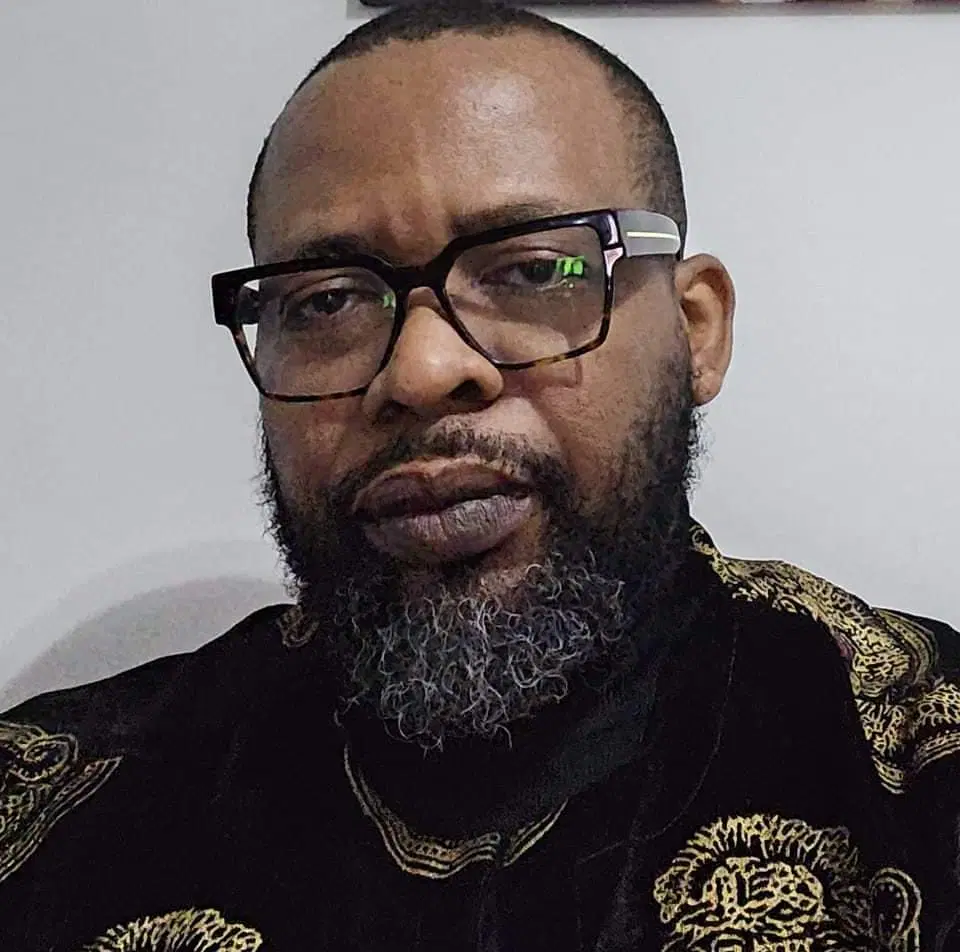The rejection of the Ohaneze Ndigbo’s petition by the Nigerian government exemplifies the persistent marginalization and disregard for the concerns of the South-East region (Igbo-Biafra) within the Nigerian state. This dismissal, which occurred in response to a petition submitted to the Oputa Panel—an investigative body created to address human rights violations in Nigeria—underscores the government’s unwillingness to engage in meaningful reconciliation with the Igbo people. It not only denies justice for historical wrongs inflicted upon the South-East but also reflects a broader failure to address the root causes of the ongoing tensions between the Nigerian government and the Igbo-Biafran people. Such systemic neglect serves as a powerful justification for the demand for remedial secession.
The Ohaneze Ndigbo Petition: A Call for Justice and Reconciliation
Following Nigeria’s return to civilian rule in 1999, the government established the Human Rights Violations Investigation Commission, popularly known as the Oputa Panel, named after its chairman, Justice Chukwudifu Oputa. The panel aimed to investigate past human rights abuses committed by successive Nigerian governments, particularly during military rule, and to offer recommendations for reconciliation and justice. This initiative was perceived as a significant step towards healing the wounds caused by decades of dictatorship, civil war, and ethnic violence.
Recognizing the Oputa Panel’s potential for reconciliation, Ohaneze Ndigbo, the apex socio-cultural organization representing the Igbo people, submitted a petition outlining historical grievances held by the Igbo-Biafran community. Many of these grievances were rooted in the traumatic experiences of the Nigerian Civil War (1967–1970), during which approximately one million Igbo civilians lost their lives due to starvation, disease, and violence, largely as a result of the Nigerian government’s blockade of Biafra.
In its petition, Ohaneze Ndigbo sought justice and accountability for atrocities committed during the civil war, including the deliberate use of starvation as a weapon of war, extrajudicial killings, and the destruction of Igbo communities. Furthermore, the petition addressed the ongoing marginalization of the South-East region, emphasizing the economic and political exclusion faced by the Igbo people in the decades following the war. The organization called for reparations, rehabilitation of war-affected areas, and the implementation of policies to ensure greater political representation and economic development for the South-East.
The petition was not merely a demand for justice for past wrongs; it represented a plea for reconciliation and a new beginning in the relationship between the Nigerian state and the Igbo people. Ohaneze Ndigbo believed that if the Nigerian government acknowledged the wrongs committed against the Igbo and took concrete steps to rectify their grievances, it could pave the way for genuine national unity and healing.
The Nigerian Government’s Rejection of the Petition
Despite the significance of the Ohaneze Ndigbo petition and the weight of the historical grievances it represented, the Nigerian government ultimately rejected it. The Oputa Panel, while documenting some important findings regarding human rights violations during Nigeria’s military era, failed to fully consider the specific complaints raised by the Igbo people concerning the Biafran War and its aftermath. This rejection was deeply disappointing for the Igbo-Biafran community, signifying the Nigerian government’s refusal to confront the traumatic legacy of the civil war and its unwillingness to take responsibility for the suffering inflicted upon the Igbo people.
The rejection was not merely a procedural matter but reflected the Nigerian state’s long-standing reluctance to acknowledge systemic injustices against the South-East region. The failure to address the grievances outlined in the petition perpetuated a sense of exclusion and alienation among the Igbo people, reinforcing their belief that the Nigerian state was unwilling to treat them as equal citizens or rectify the historical imbalances that had plagued the South-East since the war.
This rejection also illustrated a broader pattern of neglect by the Nigerian government regarding the concerns of the Igbo-Biafran people. Throughout Nigeria’s post-war history, the South-East has consistently been marginalized in political representation, economic development, and federal appointments. The refusal to address these structural imbalances, even within the context of a national reconciliation process, further highlighted the government’s unwillingness to engage with the legitimate demands of the Igbo community.
Broader Implications of the Rejection
The rejection of the Ohaneze Ndigbo petition had profound implications for the relationship between the South-East region and the Nigerian state. It signaled to the Igbo people that their concerns would continue to be disregarded and that the Nigerian government was not committed to addressing the historical and contemporary grievances shaping the region’s sense of marginalization. The denial of the petition underscored the systemic inequities perpetuated against the South-East since the civil war, including the region’s underrepresentation in federal institutions, the neglect of its infrastructure, and the exclusion of Igbo individuals from key positions in government and security.
Moreover, this rejection demonstrated that the Nigerian state was unwilling to engage in meaningful reconciliation with the South-East. Genuine reconciliation necessitates more than symbolic gestures; it requires a commitment to addressing the root causes of conflict and inequality. By refusing to acknowledge the historical wrongs committed against the Igbo people and failing to implement policies to address the region’s political and economic marginalization, the Nigerian government missed a critical opportunity to heal the deep divisions created by the civil war.
Conclusion: Strengthening the Argument for Remedial Secession
The rejection of the Ohaneze Ndigbo petition not only undermined the Nigerian state’s claim to territorial integrity but also reinforced the perception that it was not acting in the best interests of the Igbo people. In international law, particularly regarding self-determination and secession, a state’s territorial integrity is contingent upon its ability to provide equal rights and representation to all citizens. Systematically marginalizing a particular region or group while refusing to address their legitimate grievances weakens that claim. The rejection of the petition thus bolstered the argument for remedial secession as a means of protecting the rights and future of the Igbo people, as the Nigerian state has demonstrated a consistent unwillingness to rectify the historical injustices that continue to affect their lives.

